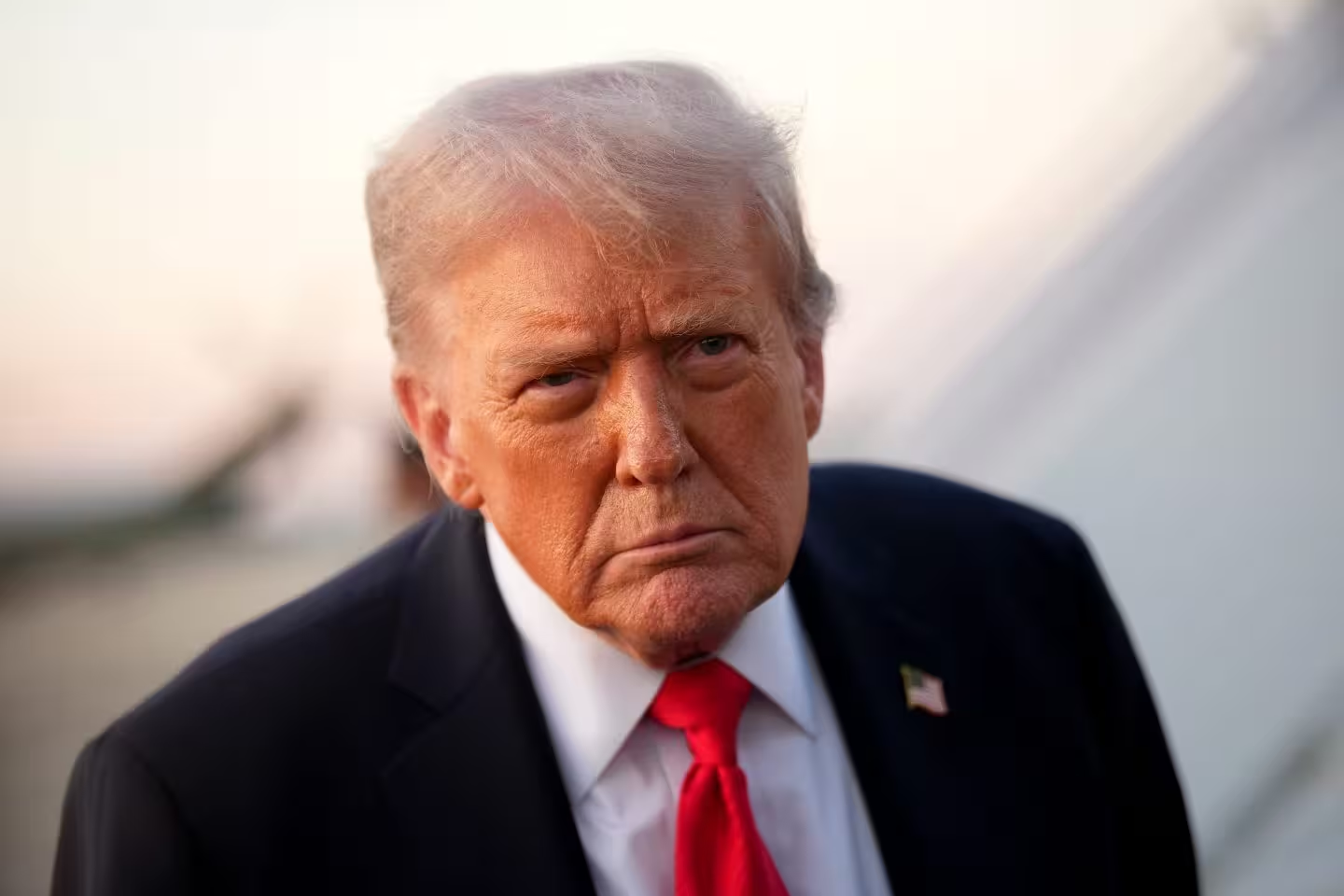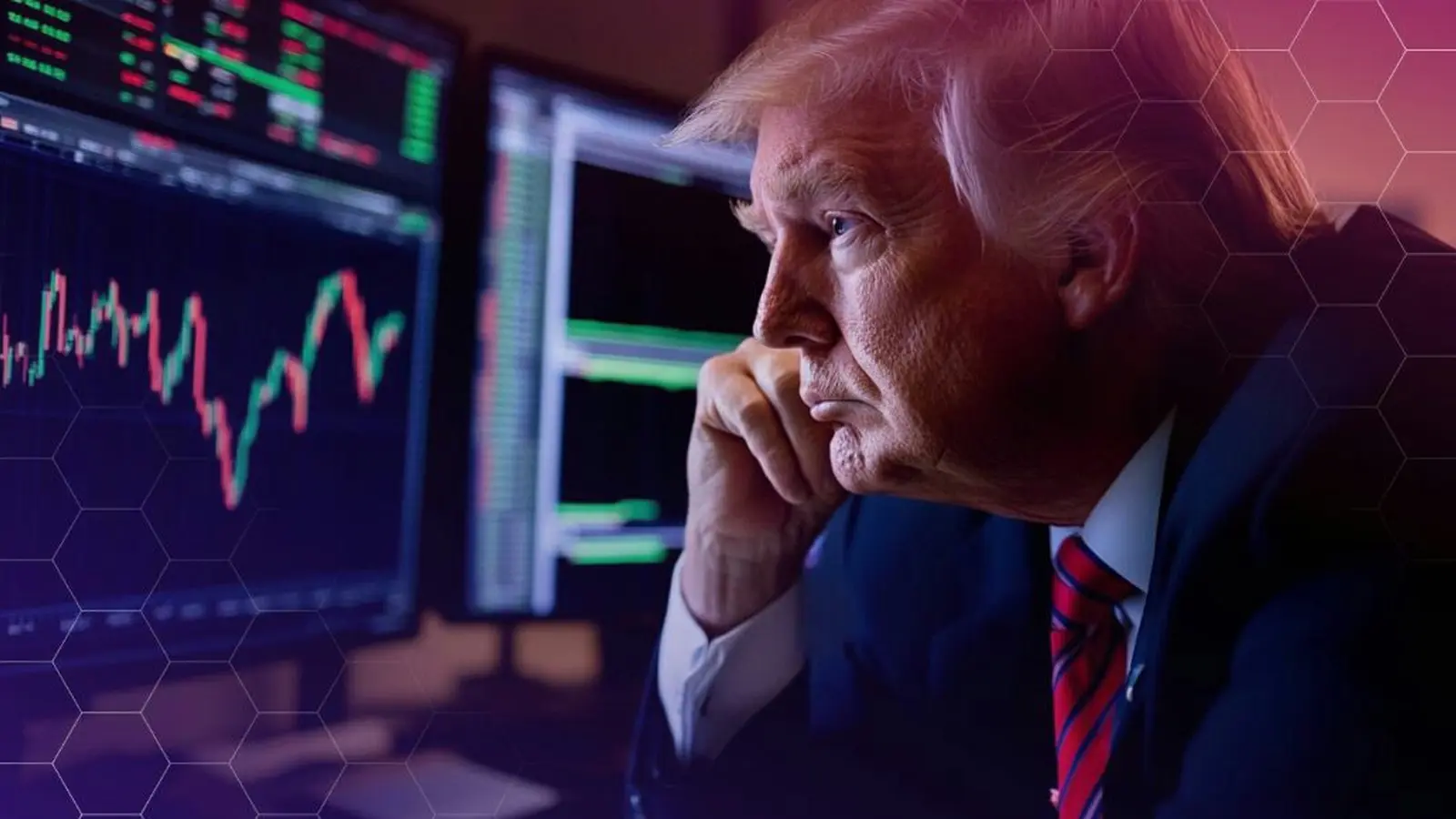5 Minutes
Trump Considers Pardon for Changpeng “CZ” Zhao
President Donald Trump is reportedly weighing a presidential pardon for Changpeng Zhao — widely known as CZ — the founder and former CEO of Binance. Financial journalist Charles Gasparino first reported renewed discussions within the White House, where advisers are debating the political and legal consequences of clemency for one of the most prominent figures in the cryptocurrency industry.
Why a Pardon Matters: Legal Effects and Market Implications
A presidential pardon would formally clear Zhao’s federal conviction, removing the felony from his record and restoring rights and business capacities that a criminal conviction can restrict. Practically, clemency could reopen doors for engaging with U.S. regulated markets, corporate governance, and certain financial services that remain constrained for convicted felons.
For the wider crypto market, a pardon for CZ would be a symbolic signal: it could be read as a pivot in U.S. policy toward digital assets, potentially easing regulatory uncertainty and affecting sentiment around major crypto projects such as Binance, BNB, and broader exchanges that rely on U.S. market access.
Political Debate Inside the White House
According to Gasparino’s reporting, proponents among Trump allies see the Binance prosecution as politically motivated and overly aggressive. They argue that the case brought during the Biden administration’s enforcement wave against crypto amounted to regulatory overreach.
Other White House aides have urged caution, warning that granting clemency could appear as favoritism toward a wealthy, globally connected figure in the crypto industry — especially as the president cultivates expanding ties to the sector. The optics are complicated: supporters say the pardon would vindicate an unfair enforcement approach; critics say it risks undermining accountability for compliance failures tied to anti-money laundering (AML) rules.

Key Legal Background
Zhao pleaded guilty in 2023 to failing to implement an effective anti-money laundering program at Binance, in violation of the Bank Secrecy Act. The plea required Zhao to resign as CEO and pay a significant fine. Binance, in turn, agreed to a historic $4.3 billion settlement with U.S. authorities — among the largest corporate penalties in U.S. enforcement history.
Sentencing, Prison Time, and Post-Release Plans
In April 2024, U.S. District Judge Richard Jones sentenced Zhao to four months in prison — far below the 36 months the Department of Justice had sought. The judge cited Zhao’s cooperation, remorse, and absence of prior criminal history as mitigating circumstances.
Zhao was released from federal custody on September 27, 2024, after serving 116 days. Since his release, he has consistently stated he does not plan to return to the CEO role at Binance, calling his seven-year leadership of the exchange “a closed chapter.” Public statements and interviews have emphasized a pivot toward investments in blockchain, artificial intelligence, biotechnology, and philanthropic education projects.
Binance Today: Ownership, Markets, and Legal Battles
Although Zhao stepped down as CEO, he remains Binance’s largest shareholder and is reported to hold a significant stake in the company. Market movements, including a surge in BNB and an all-time high in Bitcoin, boosted his net worth and renewed investor attention on Binance’s global operations.
Binance continues to operate under new leadership — CEO Richard Teng — and the exchange still faces substantial legal and civil litigation. One notable ongoing dispute is the lawsuit filed by FTX’s bankruptcy estate, which alleges that Binance and Zhao received nearly $1.8 billion in transfers that the FTX trustee claims were fraudulent or misappropriated.
Regulatory Aftershocks and Industry Response
Regulators and industry stakeholders are watching closely. A pardon could shift the tone of U.S. enforcement and influence policy debates on AML compliance, exchange custody rules, and cross-border crypto oversight. Conversely, critics warn that clemency without structural reforms could undermine investor protections and encourage lax compliance practices.
Would a Pardon Bring CZ Back to the Spotlight?
Legally, a presidential pardon would remove the federal felony from Zhao’s record. That could restore rights and remove certain U.S.-based barriers, potentially facilitating a return to high-level corporate roles or expanded participation in regulated markets. But sources close to Zhao emphasize that his priorities may have changed: he has expressed interest in diversifying into AI, biotech, and blockchain education projects rather than resuming day-to-day exchange operations.
Whether Zhao chooses to re-engage as an active executive — or remain a significant, but behind-the-scenes, investor in crypto infrastructure and adjacent technologies — remains an open question. Even with clemency, outstanding civil litigation like the FTX claims could continue to shape his corporate options.
Timing and Next Steps
Gasparino notes that presidential pardons often take time, especially amid competing foreign policy and economic priorities. The White House deliberations are ongoing, and any decision would likely involve legal review, political calculus, and communications strategy.
As the debate continues inside the West Wing, the crypto community, investors, and regulators will be closely monitoring both the substance of any clemency and the message it sends about the U.S. approach to crypto enforcement and corporate accountability.
Source: cryptonews


Leave a Comment